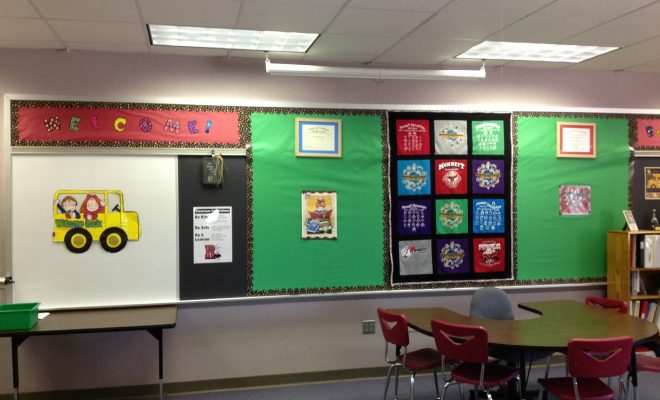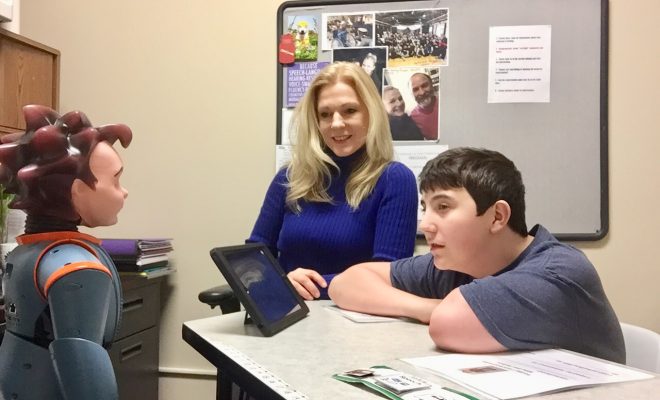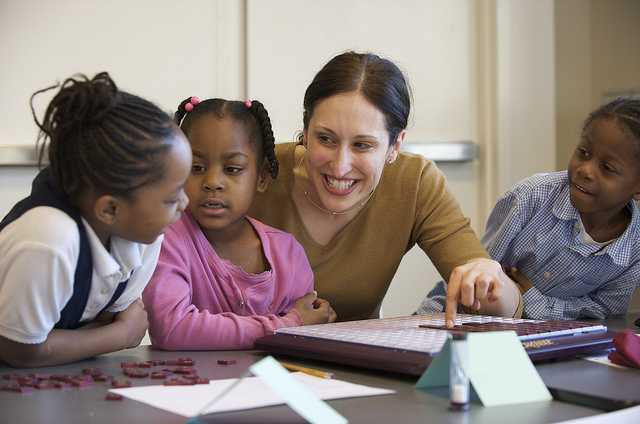Here Are Some Interesting Facts about the Religious History of America’s Schools

Religious diversity has grown in leaps and bounds over the last 30 years. The Protestant and other non-Catholic religions of the European settlers were almost universally practiced in the nation’s early years, 200 years ago, but today a plethora of religions are practiced in the United States. According to a recent survey of religious preferences among adults in America, Protestants accounted for 51.3%, Catholics made up 23.9%, and other Christian religions made up 3.3%. Jewish, Islamic, Buddhist, and Hindu religions added up to 4.7%. The rest, about 16.9%, claimed either no religious affiliation or did not respond.
It’s important to make note of this diversity of religious affiliation—especially considering that Christianity and education were at one time intimately intertwined.
In the 1600s, children were educated at home or in Dame Schools, which were schools run in a woman’s home for 6- to 8-year-olds. Regardless of where children were educated, the primary reason for their education was to learn the Bible and their prayers. Books like the New England Primer emphasized religion and learning the academic basics.
By the 1820s the tax-supported common school was organized, though it did not become widespread until a decade or two later. Universal education wasn’t even available to most students until after the Civil War. While care was taken to ensure that no single religion predominated in the common school, religion continued to have a presence in schools attended by children of all religious backgrounds. The reasoning behind this was that schools were responsible for the moral development of the children and, in the minds of many, religion had to be involved because religion and morality were solidly linked.
It wasn’t until 1963 that the Supreme Court ruled that Bible readings and prayers were no longer allowed in public schools. Because the Constitution of the United States guarantees religious freedom to American citizens, and there are now such diverse forms of religious beliefs throughout the country, the role of religion in education often surfaces as an issue for debate. The separation of church and state (because schools are state entities), as required by the First Amendment of the U.S. Constitution, is often at the center of these debates.
In the classroom, teachers are almost as likely to have a student who has no religious beliefs, or an alternative religious belief, as they are to have a Protestant or Catholic student. This means that teachers need to become familiar with various religious traditions so they can have a deeper understanding of the beliefs and values that are integral to a student’s sense of identity. In areas such as the social sciences, literature, language, the arts, psychology, and even science, it is nearly impossible to avoid mentioning religious-based issues such as gods, spirituality, evil, and an afterlife. These issues are intrinsic to the work of ancient and modern writers and continue to permeate the political arenas of our time. Students will ask probing questions and must be allowed to share their views and beliefs without infringing on the rights of others to do so as well.
Discussing differences between religions within the context of the lesson is important and enriching. For example, the influence of the Puritans on American and English literature is indelible, as are the influences of Islam and Judaism on much of world history.
Students may become defensive and passionate about these issues, so teachers must structure these discussions in ways that promote understanding. Although a student’s sense of righteous indignation may be admirable, it’s important to respect the rights of others to disagree. Teachers must redirect these discussions back to the course content and gently remind students that we are all entitled to choose what we believe or do not believe. It’s certainly acceptable to encourage students to pursue and study their faiths, but teachers must take care to remember the separation of church and state and not to engage in religious indoctrination. They must not express favor or disfavor for any religious belief discussed during the class.
How do you think we should handle discussions about religion in school, given the religious diversity of many student bodies today? Please leave a comment with your thoughts.





